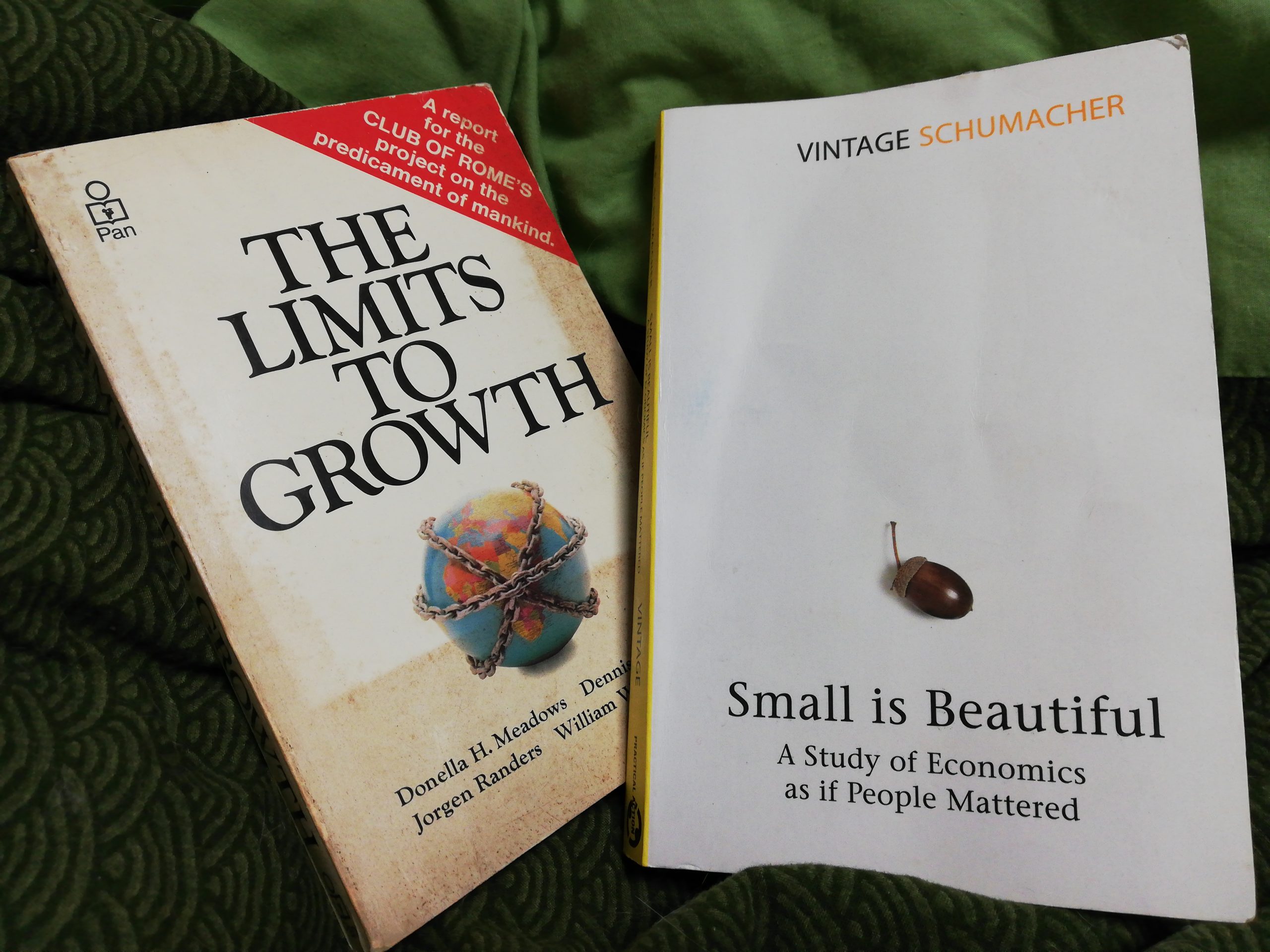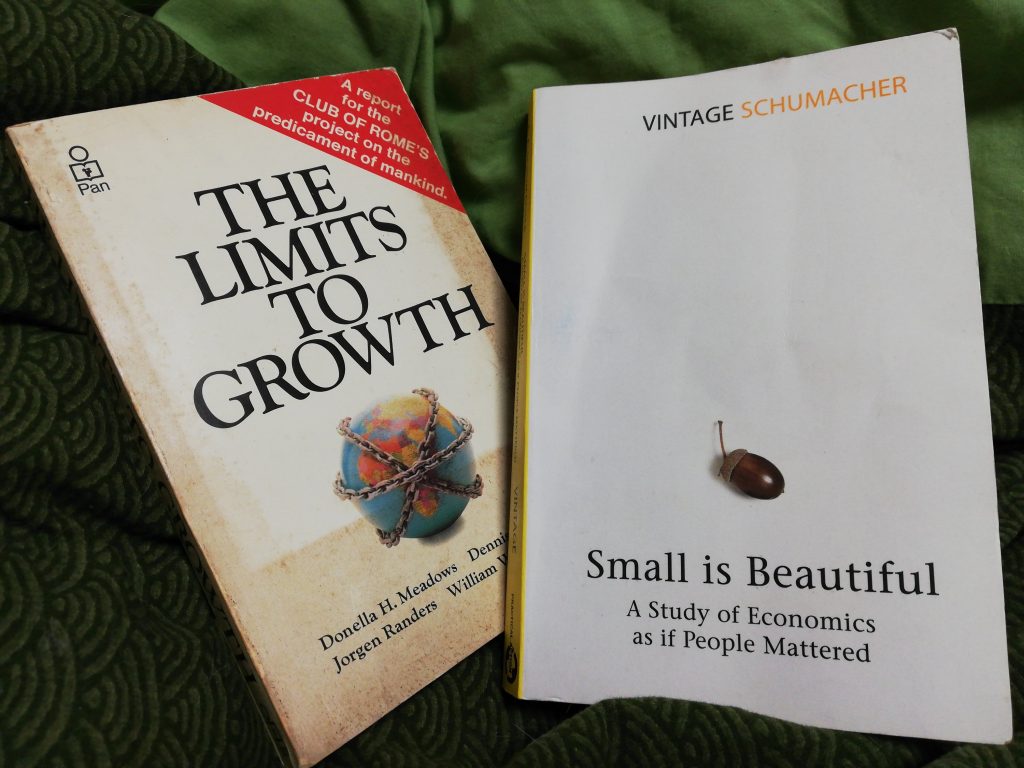Had this hopeful future been the case when I was in school, I might have become a physicist.
But because my ability in math was based on time, not actual ability, I was even derided by the teacher in my precalculus class.
That being said, the Fractal of Life, in all its complexity and confusion has led me here, and actually anywhere is really okay. It is the journey, and feeling it, that matters.
At some point maybe the world education system will realize that there is a reason Finland’s education system (wherein children are not given homework and are allowed freedom after only three hours of school) has been top-rated worldwide. Maybe they will see that rather than trying to control and test what has been literally crammed into delicate grey matter, it is ultimately better to allow our infinitely more-intelligent-than-us yet extremely naive children to explore their world. After all it is theirs, and they will all tell you their concerns for the future, which are very real… Actually, there may be a correlation with the education system and the fact that Finland is also famous for its social support and peace in its society. It is consistently rated one of the top happiest countries on Earth according to the Happiness Index.
But it may take destroying all we have for reasons included in the Seven Deadly Sins (there is a reason they are called that), before we change our idiotic ways from control and fear of the unknown, to trusting and allowing guided growth. In that healthy future, people might choose very different careers. They might choose happiness instead of money, an in doing so really be alright financially.
In fact, people would be much happier because they would have been training since a young age to follow their interests instead of what they are force-fed to think is what they have to do. In this, the overall quality of everything, from furniture to management would improve, because only those who thought that they were good at something would pursue it, and they would know it from their elementary education.
I was once told by Dr. Fujii, the Japanese traditional garden specialist, that the reason Japanese garden trees have changed so much is this. In ancient Japan, the trees were pruned for the way they wanted to grow. This style of pruning can still be seen in Kyoto, and the most beautiful example I have ever seen is the tiny private garden in the imperial palace there.
Now they are pruned to force them into what is considered the proper form, or what is most convenient for the space. They are caricatures of what they could be, and the gardens suffer for it visually.
The trees, like the children, are being stunted, forced to fit into a mold, and not allowed to become the greatest they could be.


